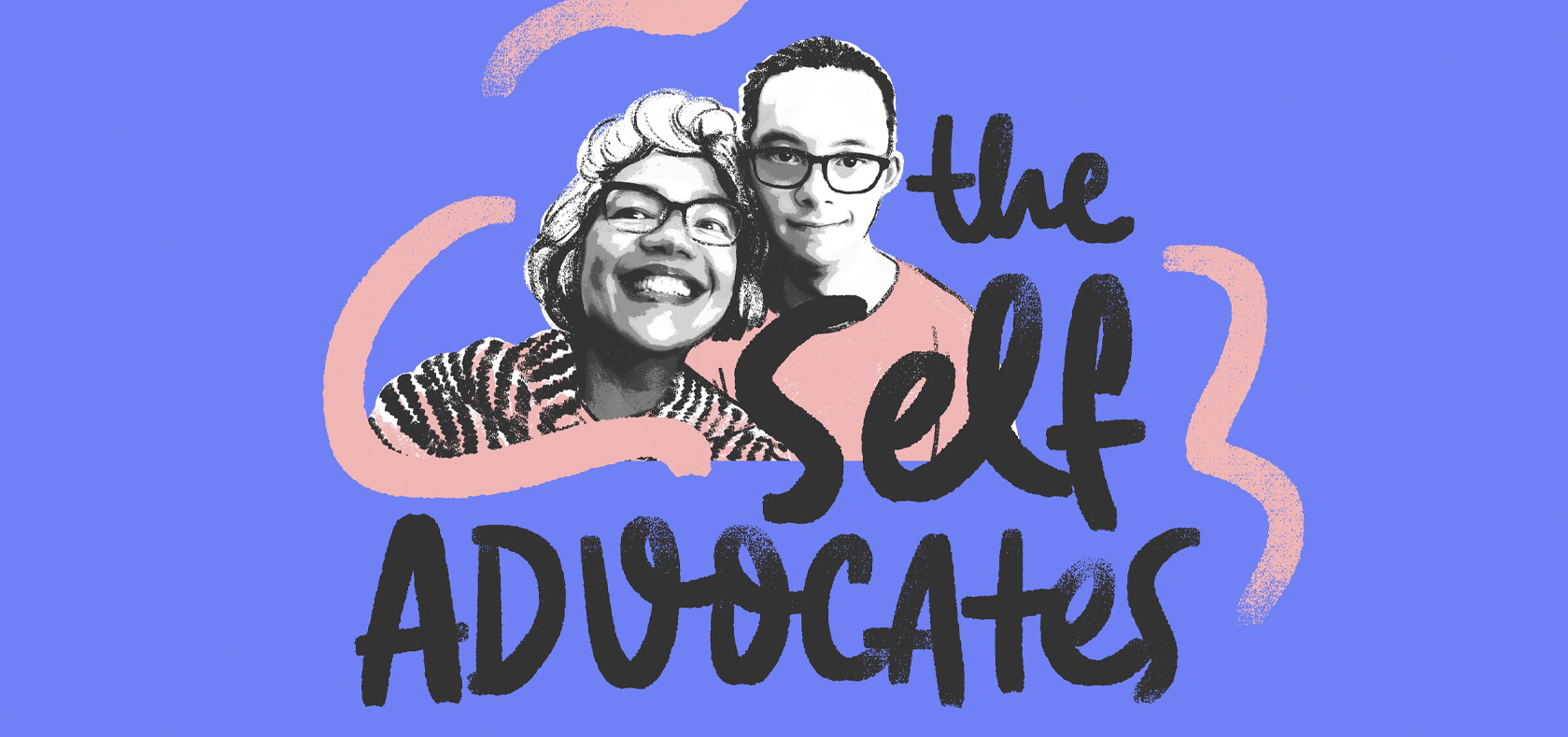Take five: “The justice system must be responsive to persons with disabilities.”
Date:
Interviewed by Georgia Westaway

Dewi Tjakrawinata is the co-founder of YAPESDI (Yayasan Peduli Sindroma Down Indonesia, or Down Syndrome Care Foundation Indonesia), a Jakarta-based non-profit organization that empowers youths with intellectual disabilities to become self-advocates. To mark 16 Days of Activism, UN Women’s Access to Justice team spoke to Dewi about ending impunity for sexual violence against women with intellectual and psychosocial disabilities.
:: This interview is also available as an Easy Read document
Why is it important to highlight justice for women with intellectual and psychosocial disabilities?
Let me share a story:
A man raped a woman with an intellectual disability in Indonesia, resulting in pregnancy and incarceration of the woman for having premarital sex with her rapist. A determining factor to incarcerate her, for the justice sector, was when police asked if she liked the man who raped her, she said ‘yes’.
Women with intellectual disabilities experience disproportionately higher rates of sexual and gender-based violence.Most perpetrators are people they know and trust – someone within the family, their support network, or thecommunity. Survivors are often treated by authorities as unable to understand sexual violence, or their recollectionis questioned due to their disability.
Why is justice being cut short?
Firstly, the criminal code does not recognize the legal capacity of persons with intellectual and psychosocialdisabilities. Without legal capacity, women are unable to independently report instances of sexual and gender-basedviolence, and their testimony is treated as non-credible. Women who are institutionalized face additional obstaclesas they are isolated from their families, and support networks have limited access.
Secondly, by treating them as asexual, society has made them more vulnerable to sexual predators, and limited accessto information about sexual and reproductive health and rights. These women, like you and I, experience a full rangeof emotions – they are not asexual. They need information about their bodies and relationships so they canmake informed decisions, and raise alarms when their safety is threatened.
Thirdly, it is wrong to assume that they are unable to learn and grow. Often they face difficulties communicating,which is misinterpreted as a deficit. For example, people with Down syndrome need speech therapy or risk becomingmute, further marginalized, and more vulnerable. Where do you turn to if you are a mute woman experiencing sexualviolence with no recognized legal capacity? This is scary.
How can access to justice be improved?
There is a positive movement towards amending discriminatory laws. We, together with other groups, are jointlyadvocating for amendments to the criminal code. Legislative change is slow, but our message has been amplifiedthrough alliances.
Additionally, the justice system must be responsive to persons with disabilities. For example, persons withintellectual disabilities struggle to think abstractly, so information about legal processes and judicial rightsmust be presented in a format they can understand. Likewise, we need to help justice actors to better communicatewith persons with disabilities by providing support persons who can close the gap.
What about closing the social justice gap?
There is still a lot of shame and stigma surrounding intellectual and psychosocial disabilities. For example,children are sent to “special schools” that only go until third grade. This means those who wouldotherwise read and write are not given the opportunity. The education gap falls upon the family, and there’s adisparity in support due to socioeconomic factors. This shame and stigma also manifest itself in the chronicunderreporting of sexual and gender-based violence. There is no shame in intellectual and psychosocial disability.There is only shame in how society treats them.
What motivated you to become a disability rights activist?
I was a women’s human rights defender and co-founder of the CEDAW Working Group Indonesia. When my son, Morgan,was born with Down syndrome and we witnessed the discrimination he faced, I decided to harness my activism tosupport youths with intellectual disabilities. My son and I co-founded a peer group of youths with Down syndrome andcreated Let’s Speak Up, a class where young people with Down syndrome from all over Indonesia are taught softskills to rebuild their self-confidence, understand their rights, and be active citizens.
I dream of these youth becoming self-advocates – their words are powerful if you open your ears.
For further information on YAPESDI: https://www.facebook.com/yapesdi and https://www.instagram.com/yapesdi
UN Women promotes these same rights in line with the United Nations Convention on the Elimination of All Forms of Discrimination Against Women (CEDAW), Convention on the Rights of Persons with Disabilities and other multilateral agreements. The International Principles and Guidelines on Access to Justice for Persons with Disabilities were developed by the Office of the United Nations High Commissioner for Human Rights and have been endorsed by the International Commission of Jurists and the International Disability Alliance.